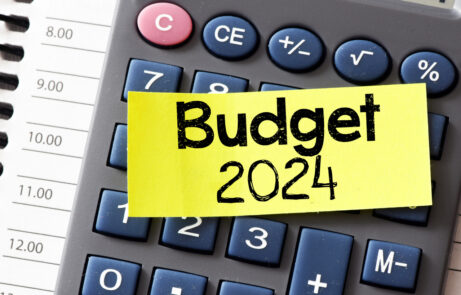While basking in the warm southern United States (U.S.) climate is an ideal way to avoid the bitter Canadian winters, snowbirds should be aware that their extended U.S stay could cause some unintended income tax consequences.
Substantial Presence
The Internal Revenue Service (IRS) has a “substantial presence test” to determine if you meet their residency requirements for income tax purposes. The formula calculates the total number of ‘days’ you have spent in the U.S. over a three-year span.
The formula is calculated as follows:
• Each day spent in the U.S. in the current calendar year counts as one day, plus;
• 1/3 of each day in the U.S. in the prior year, plus;
• 1/6 of each day in the U.S. in the second previous year.
If the sum of those three numbers is 183 or more (an average of 122 days per year), you would be considered a U.S. resident for tax purposes and be required to file a U.S. tax return. You may be able to claim a treaty exemption from U.S. income. Form 8833 Treaty-Based Return Position Disclosure must be filed with the U.S. tax return Form 1040NR by June 15, in order to claim the treaty disclosure. If the disclosure is not made on a timely basis, your worldwide income would be subject to U.S. income tax.
If you meet the substantial presence test, you may also be required to file a Report of Foreign Bank and Financial Accounts (FBAR) to disclose any financial accounts you hold outside of the U.S. The FBAR form is a separate filing from the U.S. income tax return and has significant penalties for late filing.
There is an exception to this. Provided you have not been present in the U.S. for more than 183 days in any particular calendar year, and you file a timely Closer Connection Exceptions Form for Aliens (Form 8840), the IRS will not consider you a resident for U.S. tax purposes. On Form 8840, you must state the number of days you have been present in the U.S. in the past three years, and indicate you have closer ties to a country other than the U.S.
Information Returns
All U.S. residents must file information returns. These include FBAR for foreign banks and Form 8938 for specified financial assets. You must file the information returns, if you are required to file U.S. income tax returns because you had spent more than 183 days in the U.S. in a calendar year, or you failed to file the required Closer Connection Exemption Form. Failure to file these forms on time will result in substantial penalties.
Canada and the U.S. share information on who’s entering each respective country, and when. This gives the U.S. government the ability to easily check whether snowbirds overstay their welcome.
Individuals can check their travel history to and from the U.S. on the U.S. Customs and Border Protection website.
Potential Legislative Changes
Legislation was introduced in U.S. Congress to extend the length-of-stay limit to 240 days for Canadian citizens. The ‘retiree visa’ would be eligible to Canadian citizens who are age 55 or older, have a residence in Canada, own or rent a residence in the U.S., and will not work or seek social assistance benefits during their stay. However, the legislation is caught up in the debate over U.S. immigration laws and will not be passed anytime soon, if at all.
Owning U.S. Rental Property
If, as a Canadian owner, you rent out your U.S. vacation home, the rental income is subject to a flat 30% tax in the U.S., before any deductions for expenses incurred in earning this income. If the 30% tax is remitted to the IRS, you do not have to file an income tax return for that year. However, in order to benefit from the available deductions for the rental property expenses, you must elect to be taxed within the U.S. on a net basis. Before making this election, the property must be rented for a minimum length of 15 days per year, or the deductions will not be allowed.
By making this election, you will be required to file a U.S. tax return annually. The rental income will be subject to the graduated tax rates applicable to a U.S. resident on the taxable income realized from a rental activity.
For Canadian tax purposes, this rental income is also taxable in Canada; however, any U.S. tax paid on the rental income will be claimed as a foreign tax credit against the Canadian tax.
U.S. tax issues, as they relate to Canadians, are complicated. Speak with your advisor to ensure you have a full understanding before taking extended trips to the U.S. or owning U.S. property.






